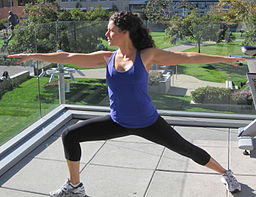Menopause Part 1 – Top Tips to Reduce Symptoms
Menopause is defined as occurring 12 months after a woman’s last menstrual period (or 24 months for women under the age of 50) and it marks the end of the menstrual cycle. Menopause typically occurs in a woman’s 40s or 50s, but the average age in the UK is 51.
Menopause is usually caused by a natural decrease in the ovaries’ production of oestrogen and progesterone. Every woman will experience this in a different way; some women barely notice any changes whereas others may experience a range of symptoms as their hormones adjust to a new setting. Symptoms can include hot flushes, night sweats, mood swings and vaginal dryness, and there is an increased risk of osteoporosis.
For women who are approaching or experiencing the menopause, the level of symptoms may be a concern.
Helpful Dietary and Lifestyle Changes
The good news is that there are many simple dietary and lifestyle changes which can really help to prevent or address symptoms of the menopause:

• Eat a healthy balanced diet containing all food groups; include 2-3 portions of calcium rich foods per day
• Take regular exercise; include strength and flexibility exercises in addition to aerobic activities as this will help to keep bones strong
• Keep cool; sleep in a cool room, use a fan and aim to avoid potential hot flush triggers such as spicy foods, caffeine, smoking, alcohol and stress
Combined HRT
In certain women with disabling menopausal symptoms, Hormone Replacement Therapy (HRT) can play an important role in reducing symptoms and deferring loss of bone density. To learn more about HRT, please see Menopause Part 2 – HRT



